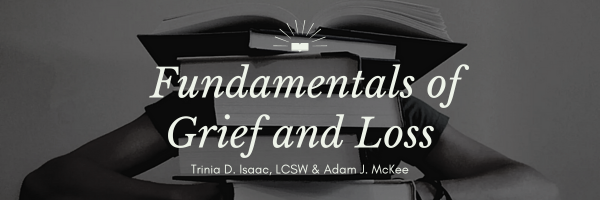Section 7, “Therapeutic Approaches to Grieving,” presents a comprehensive exploration of various therapeutic modalities and their applications in supporting individuals through the grieving process. Recognizing that grief is a deeply personal experience that affects individuals in multifaceted ways, this section delves into a spectrum of therapeutic strategies designed to facilitate healing, resilience, and growth. From traditional counseling techniques to innovative technological interventions, the approaches discussed here underscore the importance of tailored support that meets the unique needs of each grieving individual.
In Section 7.1, “Counseling and Therapy: Models and Techniques,” we examine the foundational role of individual counseling and psychotherapy in grief support. This subsection outlines various therapeutic models, including cognitive-behavioral therapy (CBT), psychodynamic therapy, and narrative therapy, highlighting their techniques and efficacy in addressing the complexities of grief.
Section 7.2, “Group Therapy and Support Groups: Benefits and Challenges,” explores the dynamics and benefits of shared healing experiences. It discusses how group settings can provide a sense of community and mutual understanding, while also considering the challenges that may arise in group therapy contexts.
“Creative and Expressive Therapies for Grief,” covered in 7.3, introduces the therapeutic use of art, music, writing, and other creative outlets as powerful tools for expressing and processing grief. This subsection highlights the ways these modalities can facilitate emotional expression beyond words, offering alternative pathways to healing.
In Section 7.4, “Mindfulness and Meditation in Grief Work,” the focus shifts to the application of mindfulness practices and meditation techniques in managing the intense emotions and stress associated with grief. The benefits of cultivating present-moment awareness and acceptance through these practices are examined.
Finally, Section 7.5, “Integrating Technology: Online Support and Virtual Therapy,” acknowledges the growing role of digital platforms in providing accessible grief support. It evaluates the advantages and potential limitations of online counseling, support groups, and virtual reality therapies, considering their place in the broader landscape of grief counseling.
Together, these sections offer a holistic view of the therapeutic landscape for grieving individuals, highlighting the diverse array of approaches available to support those navigating the challenging journey of loss and bereavement.
Section 7 SLOs
- SLO 1: Explain the roles of various therapeutic approaches, including Cognitive-Behavioral, Psychodynamic, and Narrative Therapy, in grief counseling.
- SLO 2: Compare the structures and evaluate the benefits of group therapy and support groups, including strategies for managing dynamics and confidentiality.
- SLO 3: Illustrate the use of creative and expressive therapies, such as art, music, writing, dance, and drama, in processing and expressing grief.
- SLO 4: Demonstrate the application of mindfulness and meditation techniques in managing grief, including integrating these practices into daily life.
- SLO 5: Evaluate the impact of technology in grief support, including online counseling, digital support groups, and virtual memorials, while addressing ethical considerations.
Modification History File Created: 06/24/2024 Last Modified: 06/25/2024
You are welcome to print a copy of pages from this Open Educational Resource (OER) book for your personal use. Please note that mass distribution, commercial use, or the creation of altered versions of the content for distribution are strictly prohibited. This permission is intended to support your individual learning needs while maintaining the integrity of the material.
This work is licensed under an Open Educational Resource-Quality Master Source (OER-QMS) License.

